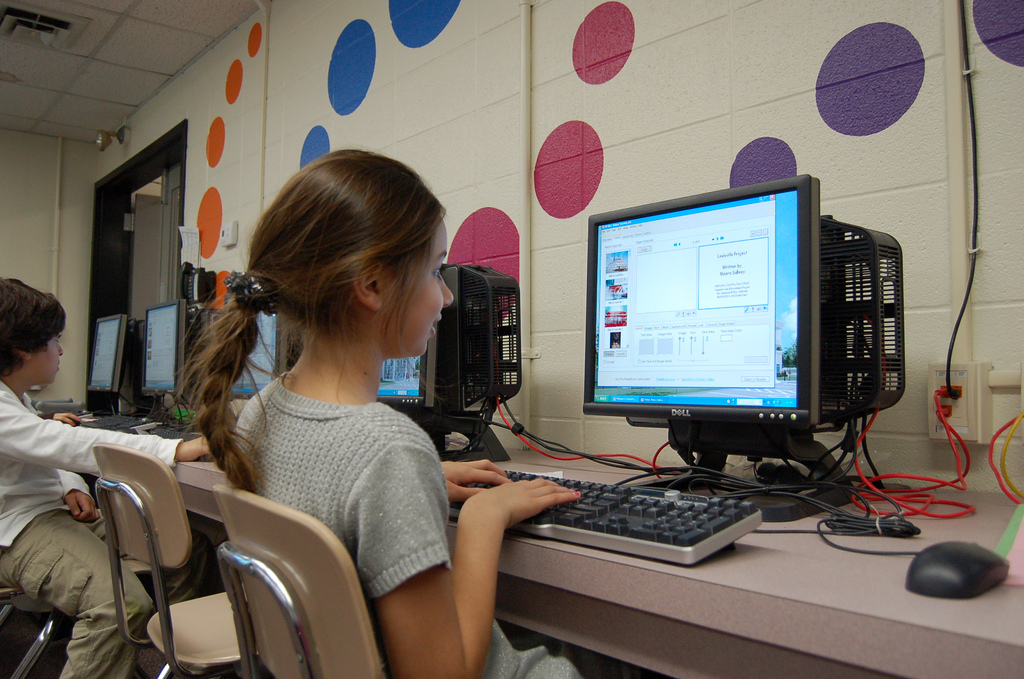Learning & Assessment Center
AKCCL understands the importance of social and emotional development through interaction and relationship building. This is how students learn how to recognize positive, healthy, and safe communication with others and how to exemplify those skill as they navigate life and interactions.
Psychological science tells us that social context, interpersonal relationship, and emotional well-being are important to student learning. Psychology can also offer guidance to parents and caregivers who may be facing challenges fostering social-emotional learning as they adapt to virtual or home education during the COVID-19 pandemic.
AKCCL’s Learning & Assessment Center promotes social emotional growth and engaging with families and student that have chose the home school or virtual setting for education. A least one day a week students will have the opportunity to report to the center for recreational activities, content review and reinforcements by a certified teacher and take assessments. This is especially helping for parents using our homeschooling supplement.
It can be particularly difficult for parents and caregivers to foster their children’s interpersonal relationships and social-emotional development while practicing physical distancing. Having limited access to peers and classmates can affect children’s emotional well-being, which can in turn affect their educational performance, learning and development.
The resources below can help children’s social-emotional learning during this unusual time by supporting the following psychological principles:
- Learning is situated within multiple social contexts.
- Interpersonal relationships and communication are critical to both the teaching–learning process and the social-emotional development of students.
- Emotional well-being influences educational performance, learning and development.
The Learning Center will focus on promoting social and emotion learning (SEL). SEL is a process of acquiring the knowledge and skills to engage, interact, and build relationships with other people, and it is essential in order to thrive in school, at home, and at work.
Social emotional skills include:
- Communication: Includes verbal communication, or what you say and how you say it, and nonverbal communication, such as body posture, facial expression, and eye contact.
- Cooperation: Working together with others to accomplish a goal.
- Empathy: The ability to identify and understand other people’s emotions.
- Emotion Regulation: The ability to identify your feelings and manage them appropriately.
- Impulse Control: The ability to control your behaviors by considering short- and long-term consequences.
- Social Initiation: Making and keeping relationships by knowing when and how to work or play with others.


